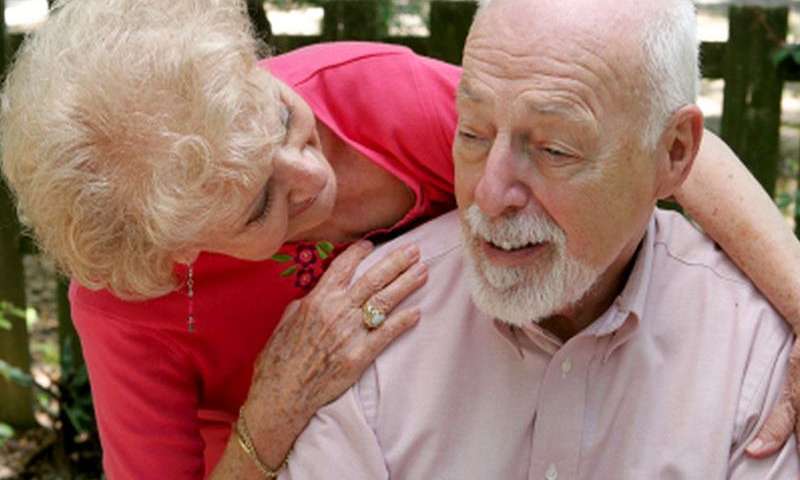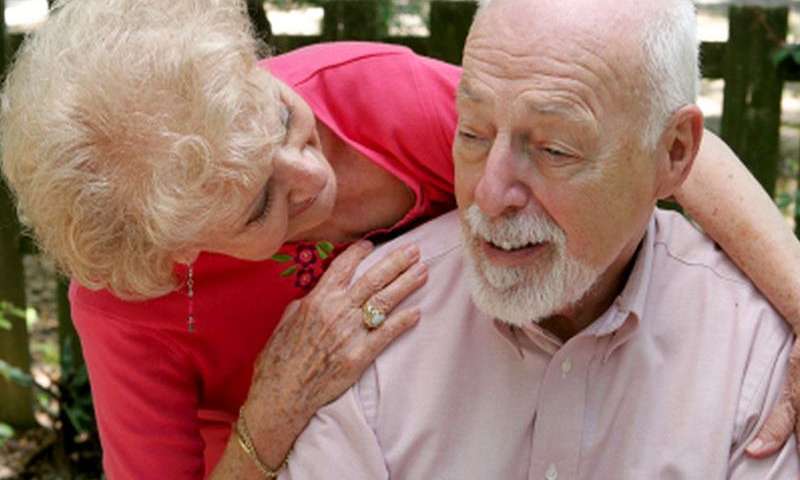Marriage may help cancer patients live longer: study
Wed 13 Apr 2016, 13:09:10
Married cancer patients are more likely to live longer than those who do not have the support of a spouse during their battle with the disease, a new study has claimed.
The study uncovers a link between being married and living longer among cancer patients, with the beneficial effect of marriage differing by race/ethnicity and place of birth, researchers said.
Researchers from the Cancer Prevention Institute of California, and University of California, San Diego, assessed information on nearly 800,000 adults in California who were diagnosed in 2000 to 2009 with invasive cancer and were followed through 2012.
They found that unmarried cancer patients had higher death rates than married patients.
For males, the rate of death was 27 per cent higher among those who were unmarried compared with those who were married. For females, the rate was 19 per cent higher among unmarried patients.
These patterns were minimally explained by greater economic resources among married patients, including having private health insurance and living in higher socioeconomic status neighborhoods.
The beneficial effect of being married on survival differed across
racial/ethnic groups.
racial/ethnic groups.
Among men and women, whites benefitted the most from being married while Hispanics and Asian/Pacific Islanders benefitted less, researchers said.
Also, Hispanic and Asian/Pacific Islander cancer patients who were born in the US experienced a greater benefit than those born outside the country.
"While other studies have found similar protective effects associated with being married, ours is the first in a large population-based setting to assess the extent to which economic resources explain these protective effects," said Scarlett Lin Gomez, from the Cancer Prevention Institute of California.
The findings indicate that physicians and other health professionals who treat unmarried cancer patients should ask if there is someone within their social network available to help them physically and emotionally.
"Research is needed to understand the specific reasons behind these associations so that future unmarried patients can receive interventions to increase their chances of survival," said Maria Elena Martinez, of the University of California, San Diego.
The research was published in the journal Cancer.
No Comments For This Post, Be first to write a Comment.
Most viewed from Health
AIMIM News
Latest Urdu News
Most Viewed
May 26, 2020
Should there be an India-Pakistan cricket match or not?
Latest Videos View All
Like Us
Home
About Us
Advertise With Us
All Polls
Epaper Archives
Privacy Policy
Contact Us
Download Etemaad App
© 2026 Etemaad Daily News, All Rights Reserved.



























.jpg)
.jpg)
.jpg)


